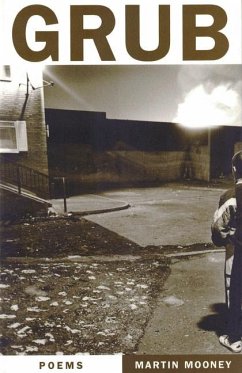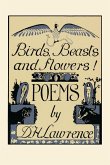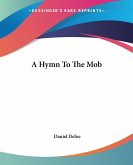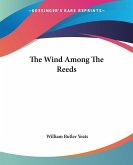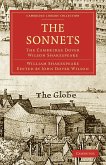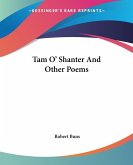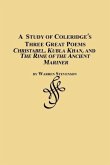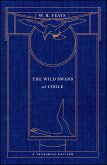Martin Mooney's poems are darkly comic, muscular, inventive and highly charged. Politics simmer beneath the surface of poems that find their energy in the everyday urban experience, be it work at the shipyards, an early morning fishing expedition, the building of houses, or a visit to the local pub. A patently Irish humor, replete with shadows and irony, informs the poet's observations--and the second part of the collection is a kind of novella through poetry that follows the exploits of a young Irish expatriate and a cast of people on the fringe as they stumble through daily unpleasantries.
Hinweis: Dieser Artikel kann nur an eine deutsche Lieferadresse ausgeliefert werden.
Hinweis: Dieser Artikel kann nur an eine deutsche Lieferadresse ausgeliefert werden.

